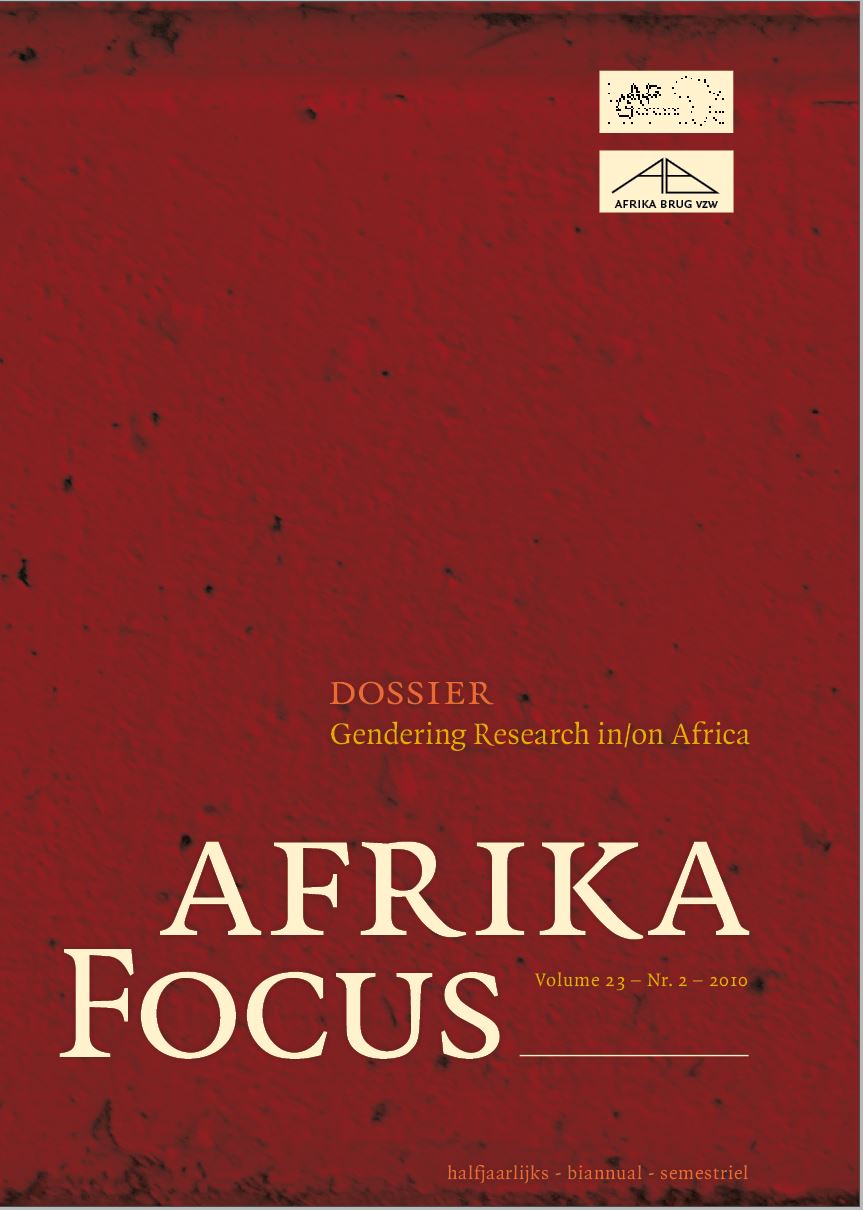Microcredit, money transfers, women, and the Cameroon diaspora
DOI:
https://doi.org/10.21825/af.v23i2.5002Abstract
The paper introduces the topic of Rotating Savings and Credit Associations (ROSCAs) and several other forms of microcredit institutions, variations of which are found in most communities around the world, and considers the impact on them of the current financial crisis. For many women and men, poor and wealthy alike, these institutions have been economic and social lifelines. Among many African peoples, they provide the main source of rural and urban credit, both for sustainable living and entrepreneurial endeavour. This paper draws on the experience of con-temporary Cameroonians, including those in the diaspora, in particular that of Dr Bridget Teboh. Social anthropologists have espoused ROSCAs for many decades. This paper cites the increasing attention such institutions now get from governments, NGOs, bankers and economists, and considers the impact of the current worldwide financial crisis on the behaviour of those who save in them. Key words: micro nance, tontines, ROSCAsDownloads
Published
How to Cite
Issue
Section
License
Authors who publish with this journal agree to the following terms
Authors retain copyright and grant the journal right of first publication with the work simultaneously licensed under a Creative Commons Attribution License that allows others to share the work with an acknowledgement of the work's authorship and initial publication in this journal.
Authors are able to enter into separate, additional contractual arrangements for the non-exclusive distribution of the journal's published version of the work (e.g., post it to an institutional repository or publish it in a book), with an acknowledgement of its initial publication in this journal.
Authors are permitted and encouraged to post their work online (e.g., in institutional repositories or on their website) prior to and during the submission process, as it can lead to productive exchanges, as well as earlier and greater citation of published work (See The Effect of Open Access).


